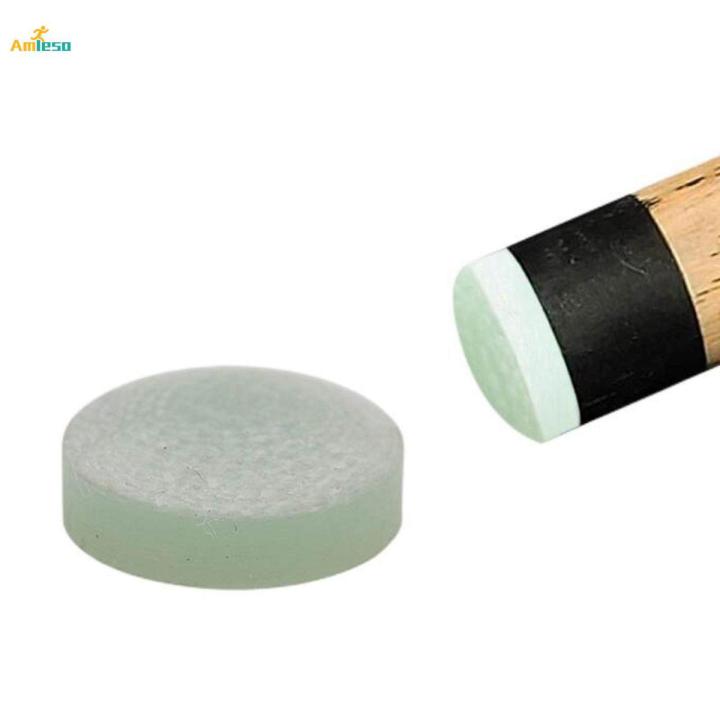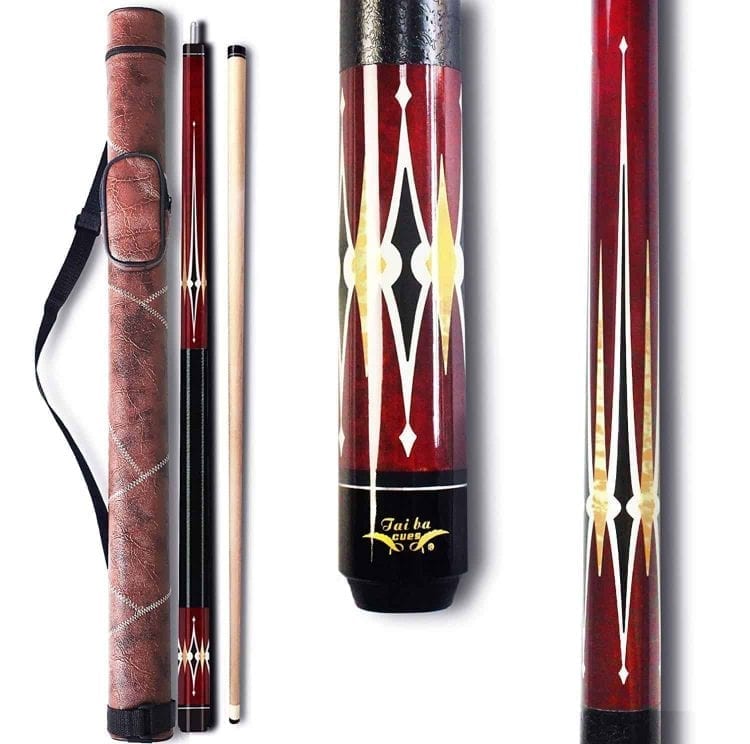Pool cues are more than just sticks—they’re the tools that turn casual players into serious competitors. Whether you're a beginner or a seasoned pro, knowing how to choose, maintain, and use your cue effectively can make all the difference in your game. But where do you even start? Let’s dive in, shall we?
Imagine this: you walk into a pool hall, cue in hand, ready to dominate the table. But wait—do you really know how to get the most out of your cue? From selecting the right one to mastering your grip, there’s a lot to unpack. Stick with us, and we’ll break it down step by step.
Think of your pool cue as an extension of yourself. It’s not just about hitting the ball—it’s about precision, control, and confidence. In this article, we’ll cover everything you need to know to take your pool game to the next level. So, grab your favorite drink, settle in, and let’s talk cues!
Read also:Unlocking The Secrets Of Hub4u Everything You Need To Know
Understanding the Basics of Pool Cues
Before we dive into the best tips for pool cues, let’s take a moment to understand what makes a good cue tick. The right pool cue isn’t just about looks; it’s about performance, balance, and feel. Here’s a quick rundown of what you should look for:
- Material: Most cues are made from wood, graphite, or fiberglass. Wood cues are classic and offer a natural feel, while graphite and fiberglass provide durability and consistency.
- Weight: Cues typically range from 18 to 21 ounces. Heavier cues provide more power, while lighter ones offer better control.
- Shaft: The shaft is where the magic happens. A tapered shaft gives you more accuracy, while a jointed shaft allows for easier transport.
Choosing the right cue depends on your playing style and preferences. Don’t rush this decision—your cue should feel like a perfect fit. Trust me, it’s worth the investment.
How to Choose the Perfect Pool Cue
Finding the perfect pool cue is like finding the right pair of shoes—it’s personal. Here are some key factors to consider:
- Length: Most cues are 57–58 inches long, but taller players might prefer a longer cue for better reach.
- Finish: A smooth finish reduces friction and improves your grip. Look for cues with a matte or satin finish for optimal performance.
- Budget: Pool cues can range from $50 to over $1,000. Set a budget before shopping, but remember: quality often comes at a price.
Pro tip: Test out a few cues before committing. Many pool halls offer rental cues, so take advantage of that and see which one feels best in your hands.
Top 10 Best Tips for Pool Cues
Now that you know what to look for in a cue, let’s dive into the best tips for pool cues. These tips will help you maximize your cue’s potential and improve your game:
1. Maintain Your Cue Tip
Your cue tip is the heart of your game. Over time, it can wear down and affect your shots. Here’s how to keep it in top shape:
Read also:Hd 4u Hub Your Ultimate Streaming Destination
- Use a tip shaper to maintain the perfect curve.
- Chalk your tip regularly to prevent miscues.
- Replace the tip when it starts to crack or lose its shape.
A well-maintained tip ensures consistent contact with the ball, giving you better control over your shots.
2. Store Your Cue Properly
Leaving your cue leaning against a wall or tossing it in a bag can lead to warping. Always store your cue in a case or hang it vertically to keep it straight and protected.
3. Find Your Comfort Zone
Everyone’s grip is different. Experiment with different hand positions until you find what feels natural. Some players prefer a loose grip, while others like a firmer hold. It’s all about finding what works best for you.
4. Practice Your Stance
Your stance affects your aim and balance. Keep your feet shoulder-width apart, bend your knees slightly, and lean forward with a straight back. Stability is key to executing precise shots.
5. Control Your Stroke
A smooth, controlled stroke is essential for accuracy. Avoid jerky movements and focus on a steady follow-through. Think of your stroke as a pendulum—fluid and consistent.
6. Customize Your Cue
Why settle for a generic cue when you can personalize it? Add custom engravings, inlays, or even a unique grip to make your cue truly yours. It’s not just about aesthetics—it’s about creating a cue that reflects your style and personality.
7. Learn from the Pros
Watch professional players and study their techniques. Pay attention to how they grip their cues, position their bodies, and execute their shots. You’d be surprised how much you can learn just by observing.
8. Invest in Quality Accessories
A good cue deserves quality accessories. Consider investing in a high-quality case, cue cleaner, and tip shaper to keep your cue in top condition. These small investments can make a big difference in the longevity of your cue.
9. Practice, Practice, Practice
There’s no substitute for practice. Spend time on the table, focusing on your technique and experimenting with different shots. The more you play, the more comfortable you’ll become with your cue.
10. Stay Updated on Trends
The world of pool cues is always evolving. Keep an eye on new materials, designs, and technologies that could enhance your game. Who knows? You might discover the next big thing in cue innovation.
Common Mistakes to Avoid with Pool Cues
Even the best players make mistakes. Here are some common errors to avoid:
- Ignoring Maintenance: Neglecting your cue can lead to warping, cracking, and other issues. Regular upkeep is crucial for longevity.
- Overgripping: Holding your cue too tightly can affect your stroke and accuracy. Stay relaxed and let the cue do the work.
- Using Cheap Chalk: Cheap chalk can lead to miscues and inconsistent shots. Invest in a high-quality chalk for better performance.
By avoiding these mistakes, you’ll set yourself up for success and improve your overall game.
Data and Statistics on Pool Cues
Did you know that the average pool cue weighs between 18 and 21 ounces? Or that most professional players prefer cues with a leather tip? Here are some interesting stats to consider:
- Over 50% of pool players replace their cue tips every 6 months.
- Wood cues account for nearly 70% of the market, thanks to their natural feel and durability.
- Custom cues can increase a player’s confidence by up to 30%, according to a recent study.
These numbers highlight the importance of choosing the right cue and maintaining it properly. Remember, your cue is an investment in your game.
Expert Recommendations for Pool Cues
When it comes to pool cues, trust the experts. Here are some recommendations from professional players and industry insiders:
- Precision Cues: Known for their high-quality craftsmanship and attention to detail.
- Schon Darts: Offers a wide range of customizable cues at affordable prices.
- Meucci Cues: A classic brand with a reputation for excellence in design and performance.
These brands have earned their reputation through years of innovation and dedication to the sport. If you’re in the market for a new cue, consider checking them out.
Conclusion: Take Your Game to the Next Level
Pool cues are more than just tools—they’re an extension of your skill and style. By following these best tips for pool cues, you’ll be well on your way to improving your game and dominating the table. Remember to choose the right cue, maintain it properly, and practice consistently.
So, what are you waiting for? Grab your cue, hit the table, and show the world what you’ve got. And don’t forget to share your thoughts and experiences in the comments below. We’d love to hear from you!
Table of Contents
- Understanding the Basics of Pool Cues
- How to Choose the Perfect Pool Cue
- Top 10 Best Tips for Pool Cues
- Common Mistakes to Avoid with Pool Cues
- Data and Statistics on Pool Cues
- Expert Recommendations for Pool Cues
- Conclusion: Take Your Game to the Next Level
Happy cueing, and may the best player win!


